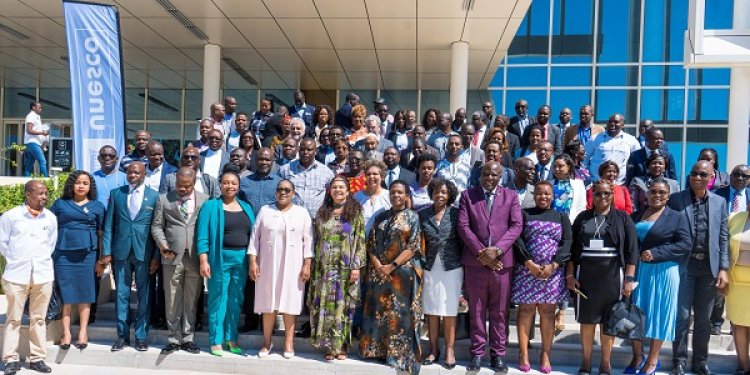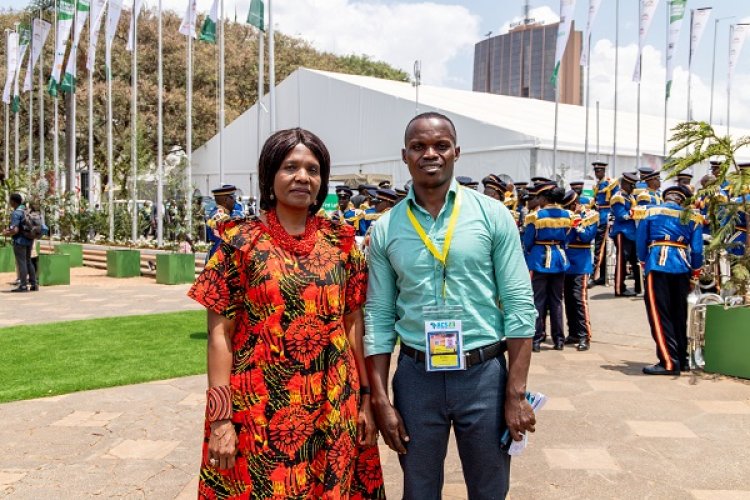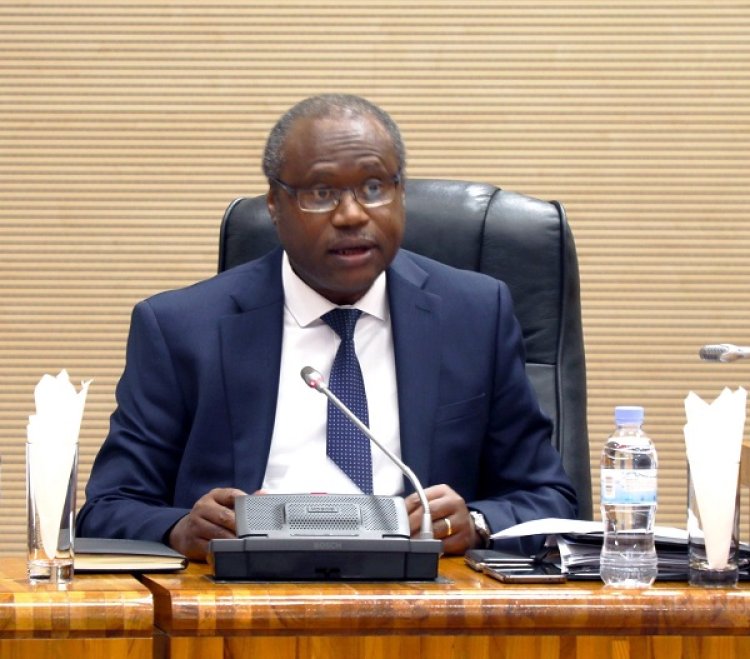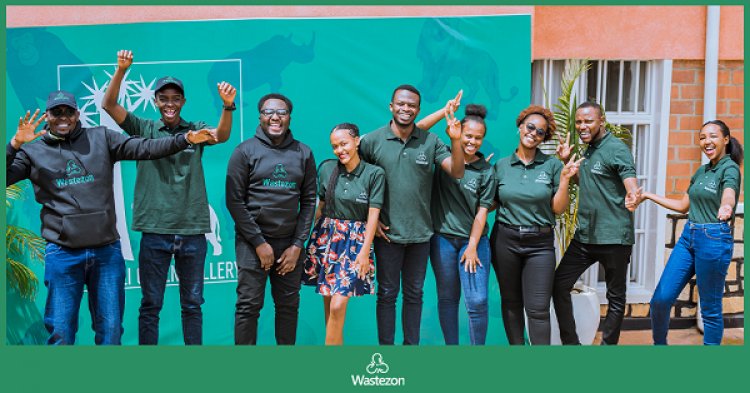Before tech disrupted most traditional working practices across fields and economic sectors, news media business had been one of those that are straightforward: Journalists and their employers pursued the truth at a cost — and at a risk at times — which they served to the public.
In the end, they would recoup costs through both sales and advertising. Not any longer.
Internet platforms have grown to occupy key strategic space for discovery and circulation of content. They dominate the major means of communication, and in the process they have amassed both the attention and advertising market.
But, increasingly, the (unfair) competition questions arise whenever one tries to look into details of the means by which their dominance has been achieved. News producers are, for instance, legally liable for the content they produce. They incur costs generating content, from the hard work of collecting, editing, verifying to packaging the news.
On their part, internet platforms simply distribute the content without the same burden of liability, and they barely pay for it despite making money in the process. It’s a parasitic relationship that invokes issues of intellectual property rights. Media sector players say the trend has worsened with the emergence of Artificial Intelligence (AI), the business built largely on news publishers’ content without the latter’s consent, their credit or compensation.
At stake
The exact extent of the effects of this on news outlets and journalism across Africa is yet to be documented, but the fraternity says there is a lot at stake.
“There is a direct link between the sustainability of independent media industry and the democratic health of a country. If media industry is under threat, democracy could also be under threat,” said Michael Markovitz of Gordon Institute of Business Science (GIBS) Media Leadership Think Tank, South Africa.

In his view, which he shared on the sidelines of this year’s African Union Summit last month, it may not be easy for individual publishers, news outlets or groups of journalists in countries to try and take on internet platforms.
“There will need to be collective bargaining from not just to media companies but also group of countries or regional countries in order to leverage their strengths,” opines Markovitz.
Inquiry
The unfair competition queries have been at the center of discussions after the South African National Editors’ Forum (SANEF) and partners filed a complaint to the country’s competition commission.
They want policy makers to, among other things, compel big tech companies – the likes of Facebook, X, WhatsApp, TikTok, YouTube and Google, to compensate media for content.
There will need to be collective bargaining from not just to media companies but also group of countries or regional countries in order to leverage their strengths.
Michael Markovitz, GIBS Media Leadership Think Tank
In their submissions heard over the past weeks, it emerged that news media at all levels, from the community to national level have been affected. They can barely maintain journalists in active employment, and the more that happens the less the SA public access credible information.
“They [big tech companies] are all benefiting from news, but in this country neither is required to put something in. Those that are doing the hard work of news gathering, verifying, editing and packaging the news cannot do so indefinitely without receiving financial support from those who make money thanks to this work,” SANEF representatives underlined in its oral submissions to the commission.
Various news publications and the tech companies themselves, except Elon Musk’s X (formerly Twitter) which snubbed the hearing, are expected to make submissions to the commission in the inquiry that goes on over the coming weeks.
Precedent
SA media fraternity being the first on the continent to take on big tech companies, the outcome of the ongoing inquiry could set precedent for similar push shaping up in Africa.
The demands to policy makers include: to require tech industry to, among other things, provide fair compensation for news used on tech platforms based on the value that they derive from this content; provide more traffic data as well as how they relate to revenue and monetization for news content, as well as ensuring that journalism is afforded IP protection and licensing requirements are enforced.
Media sector players also want AI companies required to provide information about use of IP-protected content in foundation models, training and processing, and AI applications.
Not alone
Regulators in other countries, namely Canada, Europe, US, Australia and Indonesia, have undertaken a wide range of tech regulatory initiatives which strengthened the negotiating power of media outlets towards the internet platforms.
They range from those pertaining to data privacy and data protection, the AI act and others designed to strengthen copyrights the media have on their pieces. A similar approach may be part of the solution even on the African continent, says digital policy expert Franz von Weizsäcker who is head of continental digital transformation portfolio at the German Agency for International Cooperation (GIZ).
In Mr. Weizsäcker’s view, however, this alone could not suffice to address issues of financial viability of media in Africa especially because the amount of revenues generated by the internet platforms from advertising on the continent are much less than in the West.
“This debate definitely needs to continue. It’s not one-size-fits-all approach because the platforms could potentially switch off the services in a particular country if the regulations are not favorable or where they don’t have much revenues. That, too, must be taken into consideration,” he told NewsPaper Africa.
Previous conversations about the Africa media viability have seen the fraternity call on States to, among others things, promote a conducive economic environment in which all media can flourish, including through the adoption of policies for the provision of financial or other public support for the sustainability of all media.
It’s not one-size-fits-all approach because the platforms could potentially switch off the services in a particular country if the regulations are not favorable or where they don’t have much revenues.
Franz von Weizsäcker, Digital Policy Expert
Also read: Weighing the future of Africa media: Experts’ take
Hurdles
Meanwhile, analysts say that the current configuration of the communications ecosystem could, if unaddressed, undermines the right to access to information and generally places insurmountable hurdles to current and future news media enterprises even when advancing in digital transformation.
The SA competition commission heard, for instance, that the current scenario is one where the general public receives very limited relevant news in their media consumption diets, and only a minority who can pay for online subscriptions have access to quality journalism.
This is more so in view of the prevailing unaccountability over algorithms which they allegedly abuse to drive advertising revenues. With algorithms, big tech companies determine what gets more visible, definitely becoming gatekeepers of what online users see or don’t see.
It is this that force content producers into hustling for sensational or clickbait content. It is blamed for the rise of a wide range of information disorder in form of disinformation, misinformation and others.










